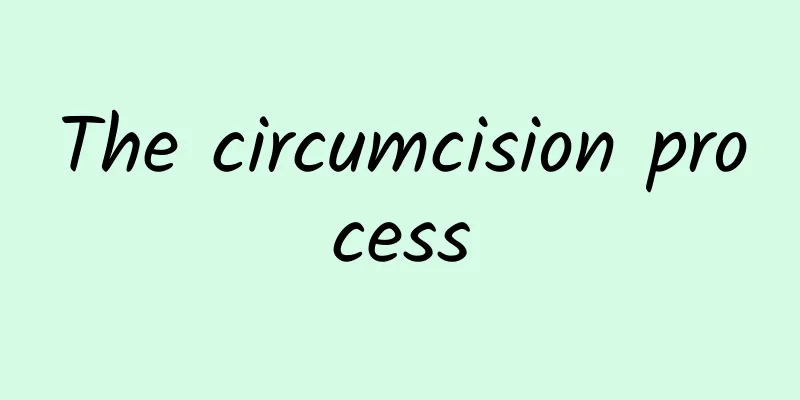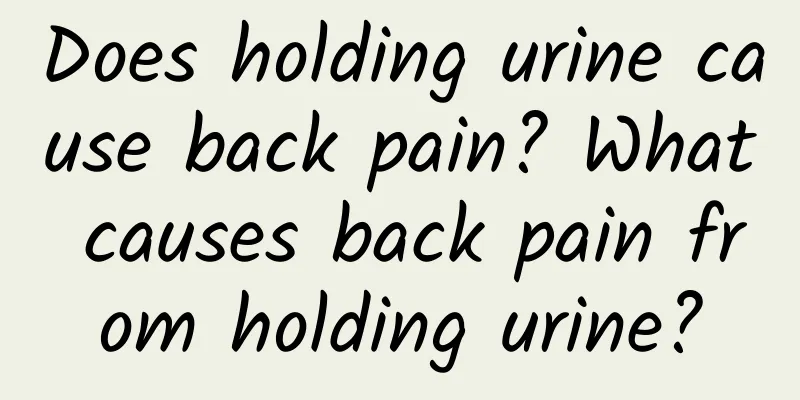Post-transurethral resection of the prostate

|
The importance of the prostate gland to people is well known to everyone. However, the more important the part, the more likely it is to develop bad diseases. When the prostate gland becomes diseased, it is inevitable to take some surgery to treat it. How much do you know about transurethral resection of the prostate? When you hear this term, are you very scared? Let's learn more about this treatment method. Postoperative care 1. Closely observe changes in the patient's condition: Pay attention to changes in vital signs after surgery. Because a large amount of flushing fluid is used to flush the bladder during and after surgery, a series of pathological or physiological changes such as blood pressure fluctuations and edema of the lungs, brain, and kidneys may occur clinically. If the patient is found to be irritable, nauseous, vomiting, with increased blood pressure, slow pulse, and difficulty breathing, you should be alert to the occurrence of TUR syndrome. Prepare rescue items in time, report to the doctor immediately, and give corresponding treatment; in addition, because the patients are all elderly and have other chronic diseases, anesthesia will have varying degrees of impact on the heart and lungs. In this group, 3 cases had slow pulse (40-50 beats/min), which was corrected after atropine injection; 2 cases had low blood pressure and 5 cases had high blood pressure, which were corrected after timely treatment. 2. Care of various tubes: properly fix the drainage tubes, keep the urinary catheters unobstructed, make sure the drainage tubes are not displaced or fall off when turning over, and squeeze the drainage tubes regularly to prevent blood clots from blocking them. In addition, the flushing fluid speed should be adjusted according to the color of the drainage fluid, generally 80 to 100 drops/min, and the height of the liquid column should be 60 cm. Discharge instructions: ① Instruct patients not to smoke or drink, avoid spicy food, pay attention to nutritional balance, maintain a normal life routine, pay attention to rest, exercise appropriately, enhance the body's resistance, and prevent colds; ② To prevent constipation, eat more fresh fruits, vegetables and crude fiber foods, do more squatting, supine and hip flexion exercises, and massage the abdomen regularly to keep the bowels open. Use supine or low-pressure enema when necessary; ③ To prevent urinary tract infection, do not hold urine, drink more water (drink more during the day and less at night to avoid increased nocturia affecting sleep), and drink more water in 24 hours than two thermos bottles (2500ml) to dilute and flush urine. After the above introduction, I believe everyone must have a clearer understanding of the knowledge of post-transurethral prostatectomy care. I hope everyone can learn more about this treatment method and actively learn the relevant knowledge to take good care of the prostate after surgery, which will be more beneficial to physical health. During the care process, if you have any questions, you must first seek help from a doctor and go to a regular hospital for treatment. |
<<: Prostate detoxification methods
>>: Introduction to Spermatorrhea in Boys During Puberty
Recommend
Can boys steam themselves?
Now more and more people go to sauna rooms regula...
There is a small lump on the right testicle
Men must immediately understand the condition of ...
What causes male sperm death?
During the entire process of preparing for pregna...
What should I do if I have spermatorrhea during sex at night?
During puberty, both men and women have just star...
To prevent bruises on your arms after having your blood drawn, apply pressure like this!
Sometimes, when you go to the hospital for a phys...
Why does the scrotum become damp and smelly?
In summer, I believe most men will encounter this...
Chest muscle guy: teach you the fastest way to train your chest muscles!
Are you still worried about your figure? Do you d...
The hazards and prevention of male urethritis
Male urethritis is a common male disease in clini...
How to treat lumbar fracture? These two methods are worth choosing
In social life, many people suffer from fractures...
Libra male personality traits
Libra (September 23-October 23), Libra's mind...
Initial symptoms of penile fracture
The male penis is very important to men. Penile f...
How to improve sperm quality
For an adult male, it is very important to have h...
How to test the degree of premature ejaculation in men
Women care about their appearance, while men care...
Known as natural Viagra! The efficacy and function of Epimedium
Nowadays, men like to have a strong body and good...
What to do if your feet are sweaty and smelly? Here are some good ways to deal with it
For men, when summer comes, the hot weather will ...









